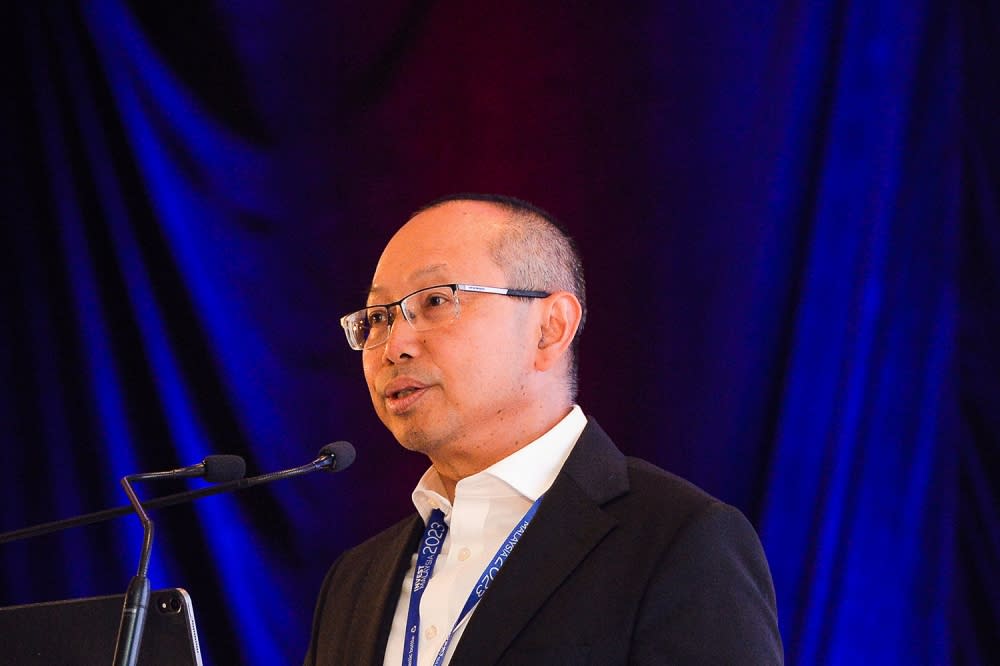Malaysian palm oil industry demonstrated resilience despite external factors, Bursa chairman tells Sarawak conference

KUCHING, Sept 5 — Despite the influence of external factors on the world’s palm oil prices, the Malaysian palm oil industry had demonstrated resilience in the first half of 2023, Bursa Malaysia Berhad chairman Tan Sri Abdul Wahid Omar said today.
He said the benchmark crude palm oil (CPO) price on Bursa Malaysia remained robust at RM3,900 per metric tonne average year-to-date 2023, demonstrating the industry’s adeptness at navigating challenges, while maintaining its competitive edge.
"Despite the looming El Nino phenomenon, which is expected to affect 2024 production, Malaysia’s estimated production of 19 million tonnes of palm oil in 2023 is said to surpass the 18.45 million tonnes recorded in 2022,” he said at the East Malaysia Palm and Lauric Oils Price Outlook Conference and Exhibition here.
He said this is further supported by the recent Malaysian Palm Oil Board (MPOB) report which highlighted a 15.55 per cent rise in exports and an 11.21 per cent surge in production in July — surpassing market expectations.
"Meanwhile, palm oil stocks at the end of July 2023 reached approximately 1.73 million metric tonnes, marking a third consecutive monthly increase as reported by the MPOB,” Wahid said.
He said on the global front, the United Kingdom’s accession to the Comprehensive and Progressive Agreement for Trans-Pacific Partnership (CPTPP) in March 2023 carries strategic significance.
"This move opens the door to immense potential by eliminating tariffs on Malaysian palm oil imports, allowing industry players to capitalise on opportunities arising from expanded market access and increased exports to the United Kingdom and fellow CPTPP member countries,” he said.
He said market participants should remain vigilant in light of the increasingly unpredictable weather conditions, potential changes to global trade and ESG policies, and ongoing geopolitical risks, all of which have the potential to significantly impact palm oil trade.
He believed that the exchange-traded derivatives will continue to play a pivotal role by providing commodities producers and consumers with essential tools to manage price risk and protect portfolio values, especially during periods of market volatility.
Wahid said this is particularly significant within sectors like agriculture, where prices are susceptible to swift fluctuations due to variables such as weather conditions and geopolitical events, derivative products enable producers to lock in future prices for their goods, ensuring revenue stability.



